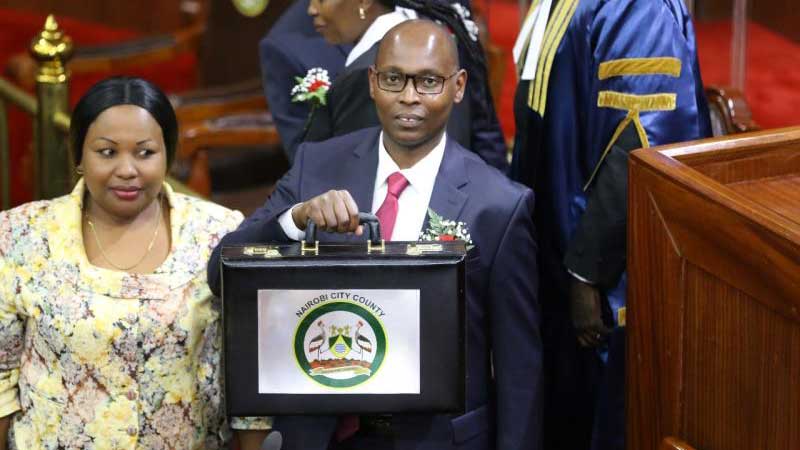×
The Standard e-Paper
Home To Bold Columnists

Nairobi County Government has introduced raft of new levies aimed at financing its 2018/2019 budget.
This will see residents dig deeper into their pockets to finance the Sh32 billion budget which relies on local revenue to finance almost half of its operations.